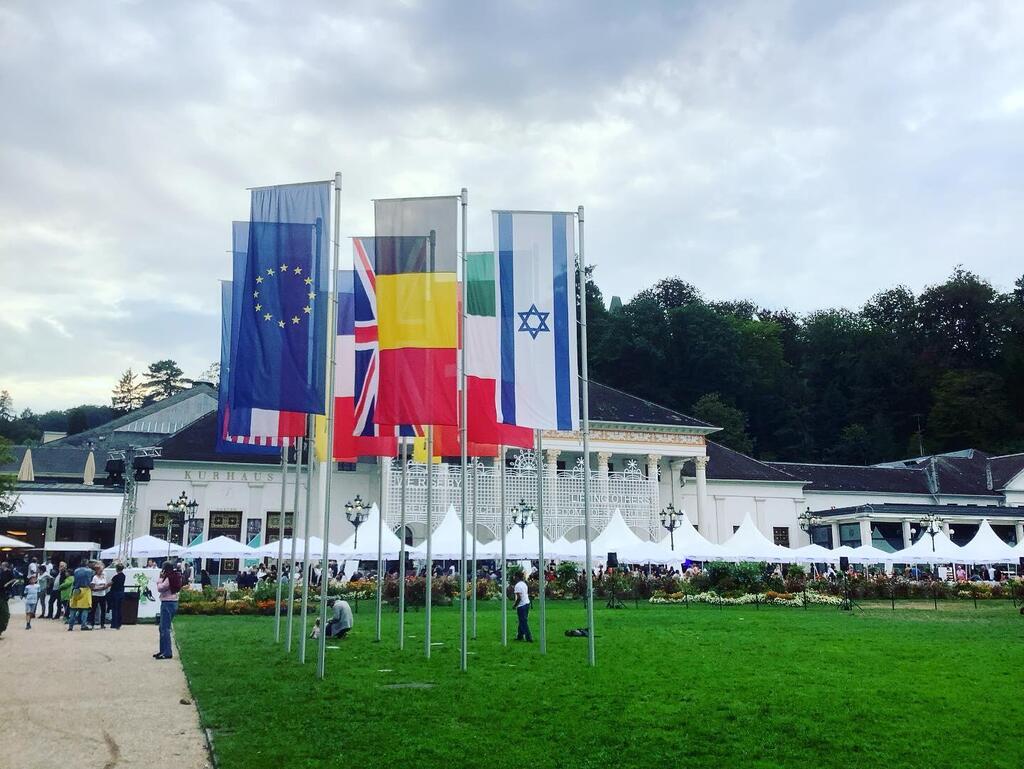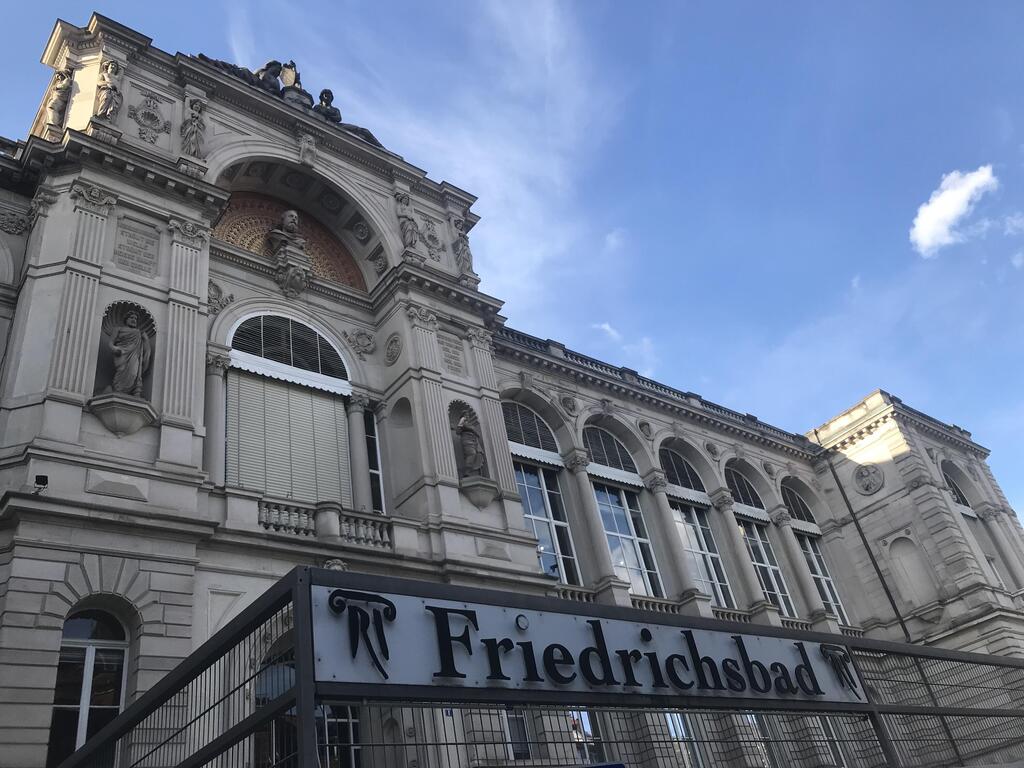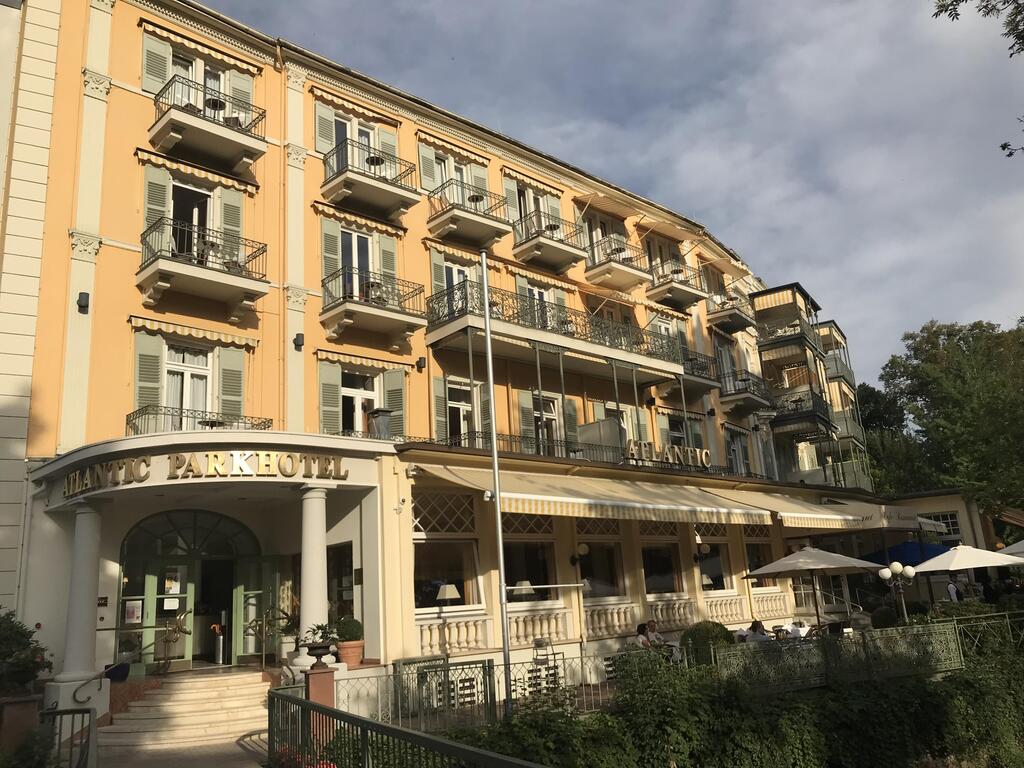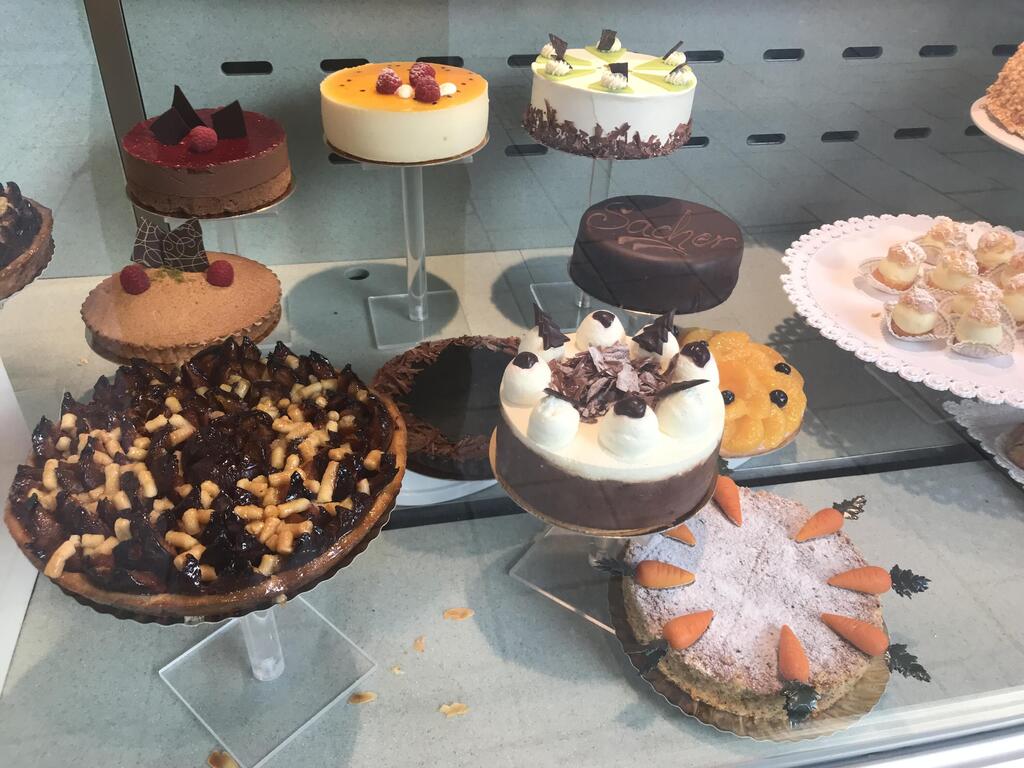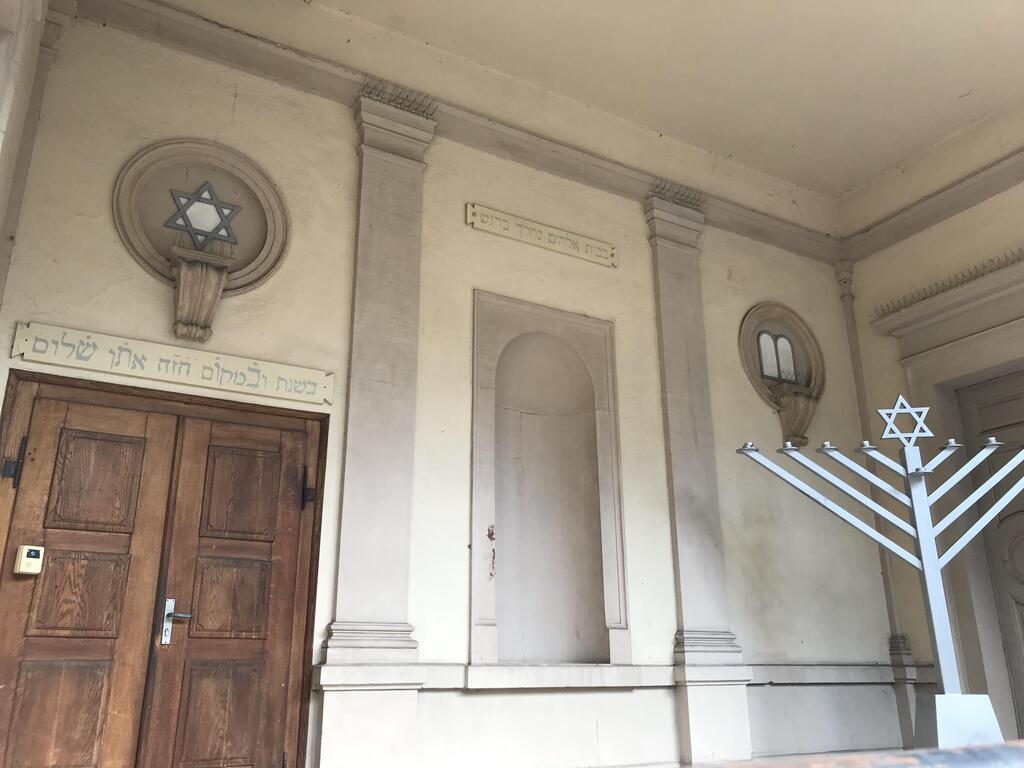For centuries, the curative powers of the mineral-rich thermal springs of Europe have been healing the ills of local populations, not to mention of their scourges: the soldiers of the invading armies of the Roman and Napoleonic empires.
This long history of the benefits of these natural waters has spawned a wellness industry today that is worth more than $47 billion annually just in continental Europe.
With 25% of overall tourism revenue being generated by this wellness niche, the importance of spa facilities to a destination can hardly be overstated. And it is hard to imagine a European spa destination with a more fabled tradition than that of Baden-Baden, Germany, whose very name signifies baths worthy of double mention.
The comprehensive recorded history of Baden-Baden begins with the Romans in the second century, who called the waters Aquae Aurelius, after the emperor at the time. Subsequently, Emperor Caracalla further added to the development of the baths – and in fact, one of the highlights of a visit to the city today are the archaeological remains of the old Roman baths, complete with video explaining the technology and methods the ancients employed to take their cures.
6 View gallery
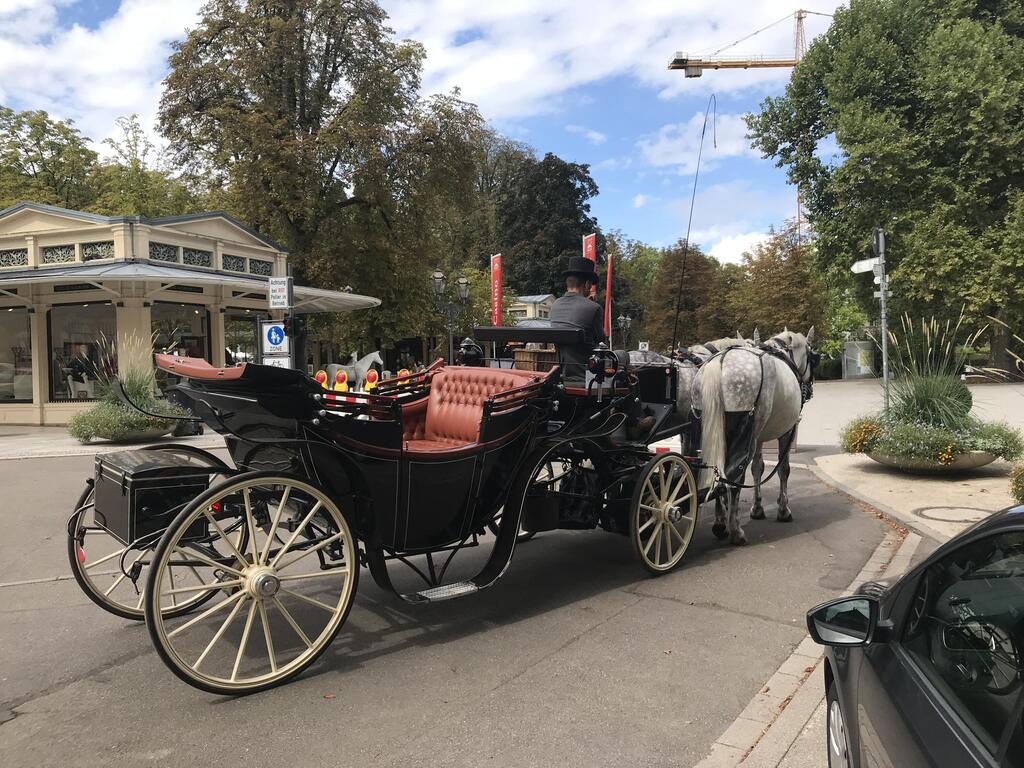

Horse-drawn carriages with formally dressed drivers are an enduring Baden-Baden tradition
(Photo: Buzzy Gordon )
Today, thanks to the same thermal springs enjoyed for so many generations, as well as the preservation of architecture housing the baths – still in daily use – Baden-Baden has been officially recognized as one of the 11 "Great Spa Towns of Europe," a seven-nation organization that has earned the prestigious title of UNESCO World Heritage Site.
In addition, the city is affiliated on a national level with the even larger European Spas Association (ESPA), an umbrella organization comprising more than 20 countries on the continent.
While the exploitation of the locale’s underground resources has been ongoing for hundreds of years, the city really began reaching its heyday around the turn of the 19th century. Following significant investment that built the town’s renowned Kurhaus, Trinkhalle and Lichtentaler Allee garden promenade along the Oos River, Baden-Baden’s began attracting Europe’s hoi polloi: from royalty like Queen Victoria and Kaiser Wilhelm I to world-famous cultural icons, including French composer Hector Berlioz and the immortal Russian authors Tolstoy, Turgenev and Dostoyevsky.
By the mid-1800’s, after a casino was installed in the Kurhaus, Baden-Baden gained an international reputation as a sophisticated gaming spa resort. Thanks also to its strategic location near the Franco-German border, as well as the inauguration of horse racing, the city even earned the enviable title of “the Summer Capital of Europe.”
Still, the city did not rest on its laurels. Directly next to the thermal springs in the old spa quarter, the monumental Friedrichsbad, noted for its celebrated dome, was built to meet the most modern demands of the time. One of its early visitors was the inveterate traveler Mark Twain, who wrote that in the impressive Friedrichsbad "you can take every bath ever invented."
The Baths
Today, anyone can follow in Mark Twain’s footsteps and bath in the very same stately Friedrichsbad Spa – provided you follow the strict protocol. Probably the most important stricture to keep in mind is that this Wellness Stars Deutschland five-star “therme” is a nudist facility – men and women mixed.
After entering, one proceeds (urged onwards by a brusque male attendant) from station to numbered station – 17 in all – clad only in a clean white sheet, which is shedded when entering the variegated heated rooms and baths filled with waters of varying temperatures. Even after emerging dripping wet from the soothingly warm waters under this wellness temple’s magnificently adorned domed ceiling, there are no towels – although damp sheets may be traded in for dry ones.
Just before completing the process, you are wrapped tightly in a sheet, and remain in this mummy-like state for some 15 minutes. It is surprisingly not as uncomfortable as it sounds; and eventually, one departs from the final relaxation room feeling ultra-clean and refreshed. (Note: The scrubbing/massage option has been suspended during the current pandemic era.)
A very different experience awaits at Baden-Baden’s [second] domed five-star Caracalla Spa, an ultra-modern complex that resembles a water playground as much as wellness compound. The Caracalla comprises both indoor and outdoor attractions: the covered areas include, inter alia, hot and cold water grottoes and an aroma steam beath, while outdoors there are two large marble pools, a current channel, a pair of whirlpools and a spacious lounging area for sunbathing.
Similarly, Caracalla also has an inviting sauna zone, comprising no fewer than eight varieties of invigorating wet and dry heat experiences, ranging from contemporary and futuristic to rustic and Nordic. As is customary in Germany, much of the sauna area is textile-free.
Accommodations and More
As befits a town that thrives on the tourist trade, there is a nearly endless list of accommodation possibilities, ranging from basic three-star hotels and upscale four-star establishments to luxurious five-star properties and holiday apartments in residential neighborhoods – some of which are quite reasonably priced.
This writer can recommend two places, each with its own distinctive atmosphere. Somewhat like the difference between the two aforementioned bathhouses, one is quite recent and contemporary, with all the electronic bells and whistles, while the other typifies an Old World atmosphere, without sacrificing appropriate modern conveniences.
The former is the Aqua Aurelia Suitenhotel, which opened just 13 years ago, on one of Baden-Baden’s classic central boulevards. It can lay claim to being arguably the most convenient place to stay if one plans to spend a considerable amount of time in the thermal waters, as it is the only hotel in town with direct underground access to both the Friedrichsbad and Caracalla Spas via the hotel’s basement parking lot – you can walk from your room right to your designated spa entrance in your swimsuit and bathrobe.
This all-suite boutique hotel comprises 46 guest units, each one slightly different. Many of the units have semi-private terraces or private balconies; others come with ground floor terraces cum lawns. The bathrooms – tubs and/or showers and/or bidets – are also each configured and equipped a bit differently.
Each spacious unit can accommodate entire families, and with the options of connecting rooms, even extended families. The hotel is also pet-friendly, and has the ability to accommodate handicapped guests.
No expense has been spared in furnishing the hotel, from the artisan Parisian Treca beds to the shower tiles from Murano, Italy. The extravagance extends even to the Etti coffee machine in the room where the excellent daily complimentary breakfast is served: according to the owner, it costs more than a car.
Not far away, but in another environment altogether, sits the Atlantic Parkhotel, one of the grande dame properties that overlooks the tree-lined gentle river and the famed horse-and-carriage pathways where the creme de la creme of Europe came to see and be seen. This is yet another of the timeless Baden-Baden traditions a visitor can still experience today, being transported by a top-hatted carriage driver dressed like his forbears of generations ago.
This majestic hotel itself also recalls days of yore, with its thick carpeted hallways, 53 large rooms with high ceilings, and genteel bars with leather upholstered chairs and sofas. Here one may even dine with a sense of history, whether in the stately breakfast (also complimentary) room with white tablecloths, or the al fresco seating area with iron railings.
The Atlantic Parkhotel is also just a short stroll along the quaint Kaiserallee into the heart of Baden-Baden’s cultural and entertainment district, anchored by the Kurhaus-Casino and two classical museums, as well as the newest jewel in the city’s arts crown: the Museum Frieder Burda, designed by American architect Richard Meier, which houses one of Germany's most extensive collections of modern art, hosting constantly rotating exhibits.
Music is also at the center of the city’s cultural attractions, with frequent concerts featuring the continent’s leading symphony orchestras and conductors. During the summer’s La Belle Epoque season, which coincides with annual horse racing weekends, the Kurhaus’ outdoor concert shell is the venue for popular German bands and singers performing for the throngs of revelers of all ages drinking wine and beer and eating local delicacies at outdoor booths and tables filled to capacity and spilling out onto the carefully manicured green lawns.
Speaking of dining, the Michelin Guide recommends no fewer than 36 restaurants in Baden-Baden, including two helmed by chefs who have been awarded Michelin stars. And this is in addition to the city’s acclaimed patisseries, such as Cafe Koenig, whose cakes and confections are positively mind blowing. Another local favorite is Leo’s, for delicious heartier fare.
Along with food, of course, comes wine – and the connoisseur will certainly appreciate the proximity of Rebland, the sun-drenched valleys of vineyards that grow some of the best Riesling grapes in the world.
Even when it comes to nature and active travelers, Baden-Baden has you covered. Hiking and biking trails abound in the fabled neighboring Black Forest, as well as on Merkur Mountain, accessible by cable car and affording spectacular views of two countries. Naturally, wherever affluent vacationers gather, world-class golf courses – such as those in the Baden-Alsace Golf Region – are in striking distance.
The Jewish visitor to Baden-Baden will find a warm welcome in the embrace of a small yet vibrant community that traces its history as far back as the year 1267. Its dynamic Rabbi Naftoli Surovtsev leads a congregation that has been repopulated after the Holocaust – and in particular more recently – by immigrants from the former Soviet Union. Hence, the language’s of the current website and Facebook page are German and Russian.
There are, however, two notable exceptions: the link in the subhead above gives important contact information in English, including a contact form for those wishing to keep kosher during a visit to Baden-Baden. In addition, there is a very good YouTube video, narrated by the rabbi in English, which serves as an excellent introduction not only to the local Jewish community but also glimpses into the city as a whole.
The community has also printed a glossy, illustrated booklet that walks the visitor through all the key sites of Jewish interest; and even though it is in German, it is easy for a speaker of any language to use. Prominent are the Holocaust-related memorials, which have been carefully maintained by the municipal authorities. (Those wanting a personal guided tour of the city would be well served by Ms. Marion Krieg, who is certified by, and reachable through, the Baden-Baden Tourism Board and its conveniently located information offices.)
The present-day synagogue, which holds weekly services, is charmingly intimate and within easy walking distance of the center city. Interestingly, while the house of worship at Werderstraße 2 is clearly identifiable from the outside, the community’s combined cultural center and school are difficult to find and visit.


